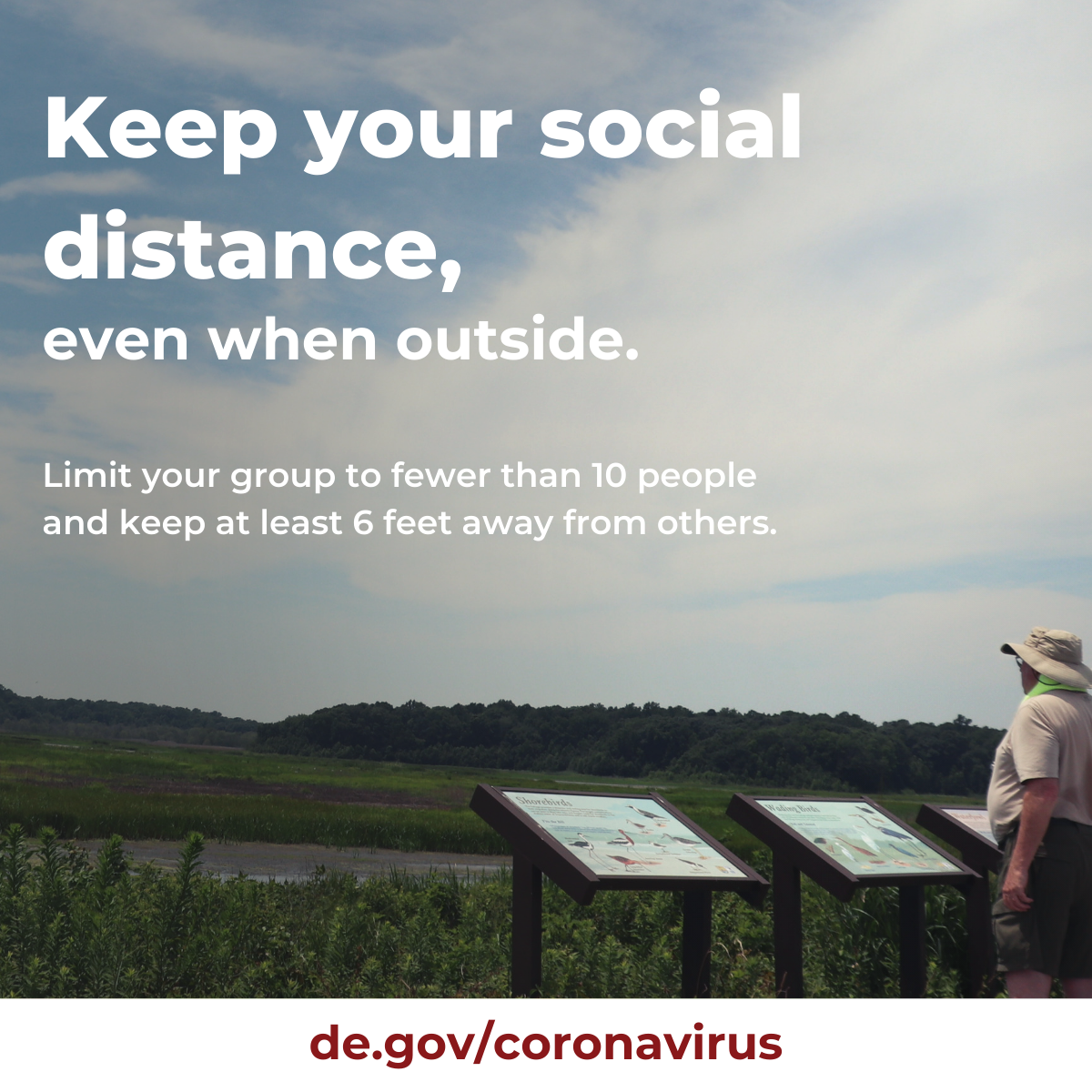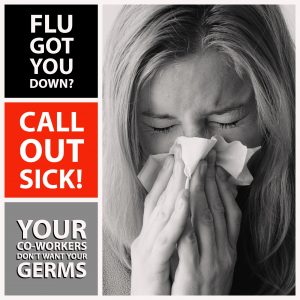DOVER, Del. – With the assistance of the Delaware Farmers’ Market Coalition, a group of market managers from across the state, the Delaware Department of Agriculture (DDA) is issuing protocols to help farmers’ markets safely begin opening starting May 15.
“We want to make sure that opening the farmers’ markets in Delaware is done in a way that maximizes the safety of market staff, family farmers, and the customers who are looking to purchase produce, specialty crops, and other value-added food items,” said Secretary of Agriculture Michael T. Scuse. “We know a lot more about COVID-19 now and the steps we all need to take to prevent the spread of this disease. Farmers’ markets will not be the same social experience as they were prior to COVID-19, but we hope that Delawareans will utilize the markets as a place to purchase locally produced food.”
The protocols issued by DDA will be in place until further notice and are solely intended to allow farmers to sell produce, specialty crops, and other value-added food items that have been directly grown or raised on a farm or prepared in a permitted on-farm kitchen or cottage-food kitchen. Individual farmers’ markets may choose to implement more specific and stringent protocols, but they must at a minimum follow the issued protocols in order to operate and remain open.
“There is nothing better than heading to a farmers’ market in the spring as Delaware grown produce starts to become available. There is a sense of community pride around farmers’ markets that includes supporting our local economy and our family farms,” said Governor John Carney. “With the help of the farmers’ market managers and the staff at the Department of Agriculture and the Delaware Division of Public Health, we are able to allow farmers’ markets to begin opening on May 15 as long as they are able to enact the protocols issued by the Department of Agriculture.”
To create a safer environment for all involved in farmers’ markets, they will no longer be considered a social venue. This means there will be no social gatherings, no entertainment shows or activities, no food trucks or prepared food for consumption on site, no on-site food preparation or sampling, no demonstrations, and no pets allowed, except for service animals.
Depending on the farmers’ market, they may operate a walk-through market or a drive-through market. All customers will be required to wear face coverings, or they will be denied entrance. A maximum of two people per household will be allowed to enter the market to shop. Upon arrival, customers will check in at the entrance with market staff. If the market is at capacity, the customer will be given instructions on how they will be notified when they can go into shop.
Progress through the farmers’ market will only be in one direction. All market attendees will be required to enter through a specific entrance and will all leave out a designated exit, there will be no doubling back to shop at a vendor. Market staff, vendors, and customers will need to social distance, maintaining six feet distance from all others while inside the market area. In order to reduce shopping time, vendors will not have their product available where people can touch or handle product. Customers will need to request items that they want to purchase, and the farmer will package for purchase.
If you are sick with any of the following symptoms, stay home: fever, cough, shortness of breath, sore throat, muscle fatigue, chills, shaking with chills, loss of smell or taste. Other symptoms such as headache or digestive symptoms (vomiting, diarrhea, abdominal pain or lack of appetite) are potential symptoms related to COVID-19 and may prompt further screening, action or investigation.
If you believe you have been exposed to someone with COVID-19, or have symptoms of illness, you may not go out in public. Older adults and people of any age with serious underlying medical conditions – including serious heart conditions, chronic lung conditions, including moderate to severe asthma, severe obesity and those who are immunocompromised, including through cancer treatment – may have a higher risk for severe illness from COVID-19. We want to minimize the risk of spreading COVID-19 within our farmers’ market community, so if you are sick or have been exposed or are at higher risk for severe illness – stay home, do not go to the farmers’ market.
More information regarding the protocols for opening Delaware farmers’ markets can be found at https://de.gov/buylocal.
###
 Keep your social distance, even when outside. Enjoy less crowded areas. Limit your group to fewer than 10 people and keep at least 6 feet away from other visitors.
Keep your social distance, even when outside. Enjoy less crowded areas. Limit your group to fewer than 10 people and keep at least 6 feet away from other visitors. DOVER — The Division of Public Health (DPH) is reporting two more flu-related deaths that occurred during the last two weeks of February, bringing the 2017-2018 season death total to 30. This number breaks the previous single-season record of 28 flu-related deaths, set in 2014-2015. The deceased were both females, 83 and 84 years old, from New Castle and Kent counties, respectively. Both had multiple underlying health conditions.
DOVER — The Division of Public Health (DPH) is reporting two more flu-related deaths that occurred during the last two weeks of February, bringing the 2017-2018 season death total to 30. This number breaks the previous single-season record of 28 flu-related deaths, set in 2014-2015. The deceased were both females, 83 and 84 years old, from New Castle and Kent counties, respectively. Both had multiple underlying health conditions.